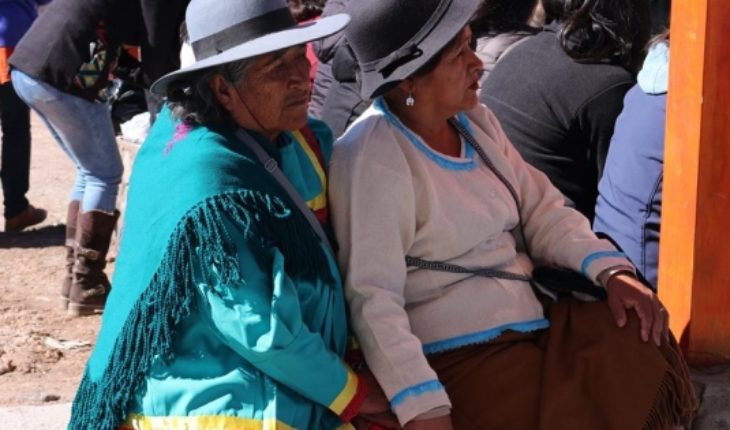to ensure gender equity, are still many the you where it is necessary to close gaps, move the fence and create awareness about the need for public policies.
In this feminist agenda, one of the key issues – and that unfortunately it is virtually absent from the debate – is the particular situation faced by rural women. If women are at a relative disadvantage with respect to men, rural women not only are with respect to rural men, but also of urban women.
The Observatory of gender, women and Rimisp territories delivered alarming information regarding: poverty among rural women is almost double that in urban, being the most affected rural girls (an of each 4 was in poverty a year) 2015, according to the CASEN survey) and indigenous (which are 50% poorer than the average of women at the national level).
This overlap of disadvantages set up a particularly complex panorama for a set of women. Today a woman, young, indigenous, and live in a rural area of Chile is almost a conviction to the vulnerability and lack of opportunities.
Evidence of this situation and propose measures to reverse it, must be a priority of the feminist agenda that promotes the equality of rights between men and women, but also among women.
must also be a priority for the development agenda.
In Chile, as in Latin America, agriculture is still one of the main forms of occupation of the rural poor and women.
While men are more likely to diversify their sources of employment and income, as well as migrate in search of better job opportunities, they are women and the older people who maintain their dedication to agriculture. However, they do not have ownership or control over lands that work, as they do in quality of seasonal, or as workers not paid on land belonging to their parents, partners or family members (men).
The feminization of agriculture today is a constraint for rural women. But it can be an opportunity, for them and for the sustainability of rural areas, agriculture and food production. But, as he points out a report by the World Bank of the year 2016 – the degree in which the increasing role of women in agriculture can contribute to the empowerment of women, is strongly linked with the possibility that they get to increase their control over resources from home and on decision-making, as well as on the possibility that this greater autonomy beyond the domestic sphere and become subject to the women you enable their development and that of their territories.
This is doubly positive. Positive for rural to rural women.
translated from Spanish: Feminism and rural development – El Mostrador
January 26, 2019 |





